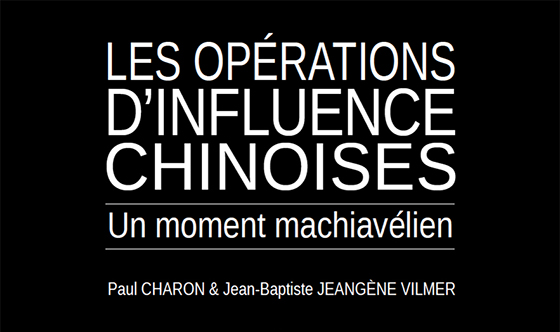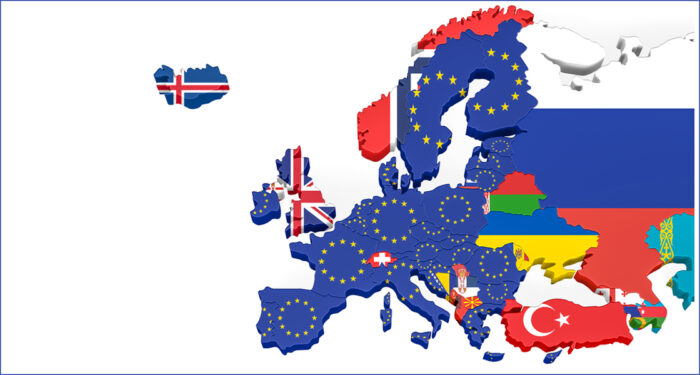Having once been an “Asian Dragon”, South Korea became first a “new industrialized country”, then a “developed” one, giving it a special status in Asia. This former kingdom, once dependent on China, was within Japan’s sphere of influence in the early 20th century before becoming a major ally of the United States in the aftermath of the Second World War. In a tangibly changed economic context (China’s spectacular opening-up to the world economy and its rise as an economic power, global economic crisis etc.), the country has many assets, including enormous skills in the fields of research and industry and is attempting to acquire a new international stature.
As Arnaud Leveau shows here, South Korea is an Asian country to be reckoned with and is looking to form both trading and geopolitical alliances –particularly with Europe– in order to deal with both a possible loosening of its alliance with the USA and, above all, with the rise of China, which is its main trading partner, but also a major rival in the region. Leveau gives quite a comprehensive assessment of the country’s situation, showing, among other things, both how Seoul is shaping its Asian policy and the geopolitical and geoeconomic prospects this indicates for the coming years.



